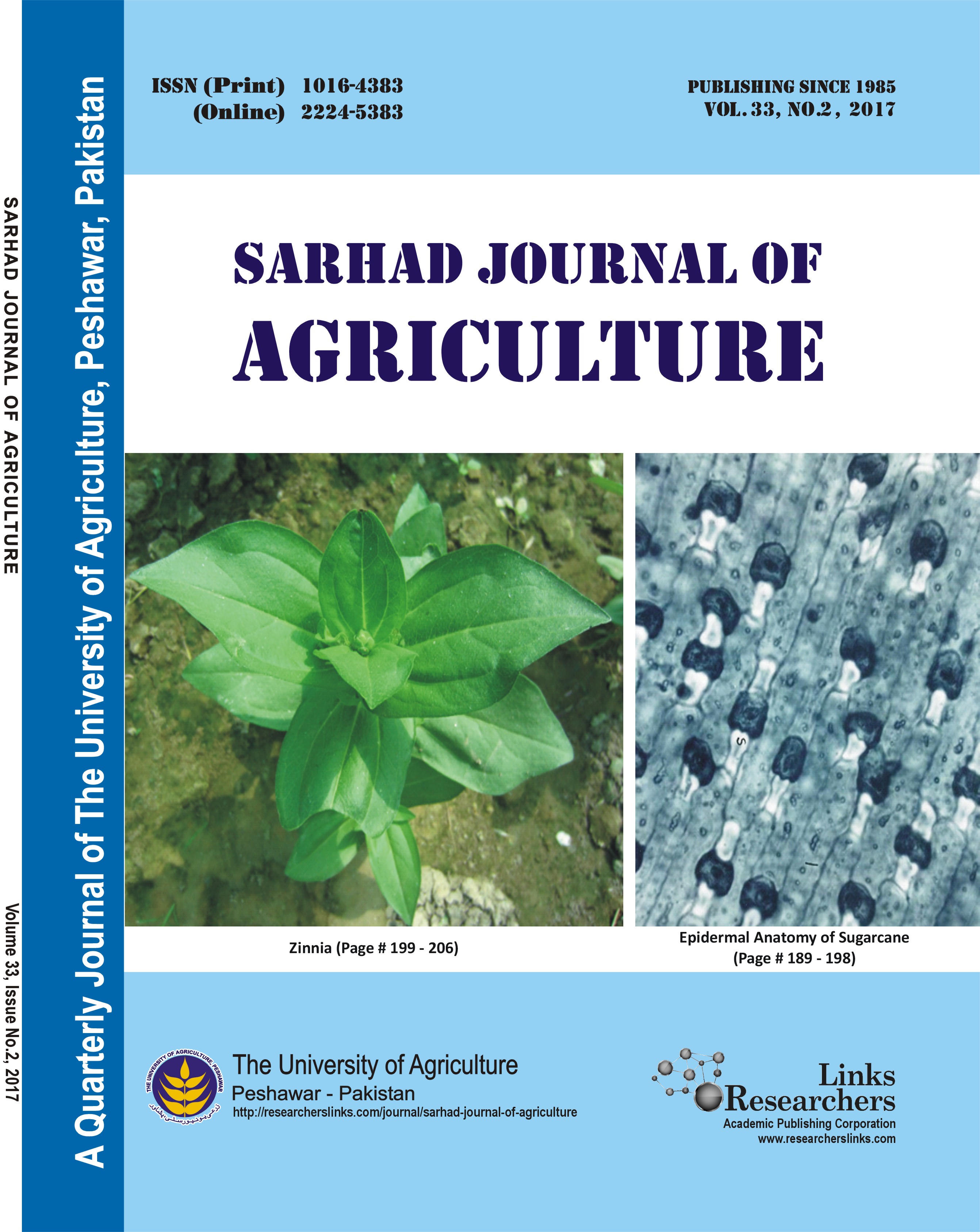Value Chain Development and Social Upgrading at Upstream of Mango Value in Pakistan
Value Chain Development and Social Upgrading at Upstream of Mango Value in Pakistan
Mubashir Mehdi1*, Muhammad Bilal Ahsan1, Burhan Ahmad1, Khuram Nawaz Sadozai2, Gulnaaz Hameed3 and Muhammad Asif4
ABSTRACT
Horticulture value chains particularly mango got high prominence in the agriculture production system of Pakistan. Market incentives, vertical relationship management and increasing pressure for certified and standardized products has pushed mango farms in Pakistan to acquire certifications like Global GAP. Workers’ working conditions and their basic rights can influence on sustainability of mango value chain system in Pakistan particularly under the guidelines of LO decent work agenda. Double-log regression model is used to assess the effects of decent work agenda and its effect on social upgrading of workers both at Global GAP certified and traditional non certified orchards in Southern Punjab and Sindh. Since the certified orchards are driven by the global value chain system under the food safety and quality standards, they have more potential and prospective to improve the livelihood of the on-farm workers. Education included as schooling years was found major regressor for the income of on-farm laborers. In ceteris paribus conditions, coefficient of education indicates that there is a positive relationship among education of labor and Income. Credit facility at farm level was also incorporated as dummy variable under economic context of decent work to assess its regressing level with income and was reported as significant. The study concludes that social upgrading of workers has implications and potential for economic upgrading of value chain system in terms of premium quality products, decent employment conditions and improved income.
To share on other social networks, click on any share button. What are these?







